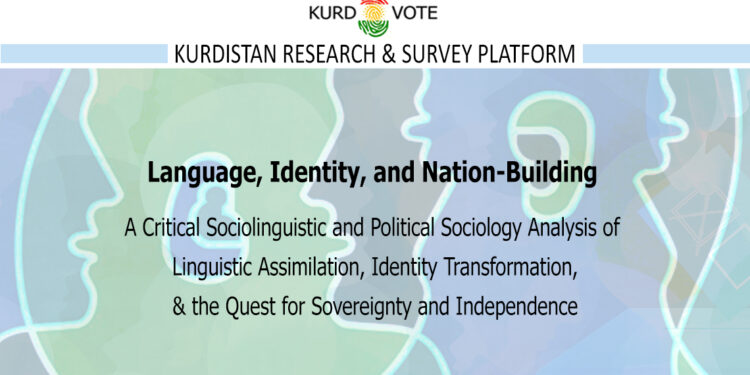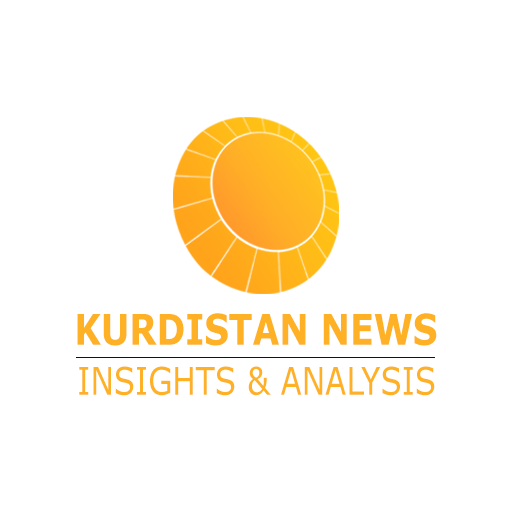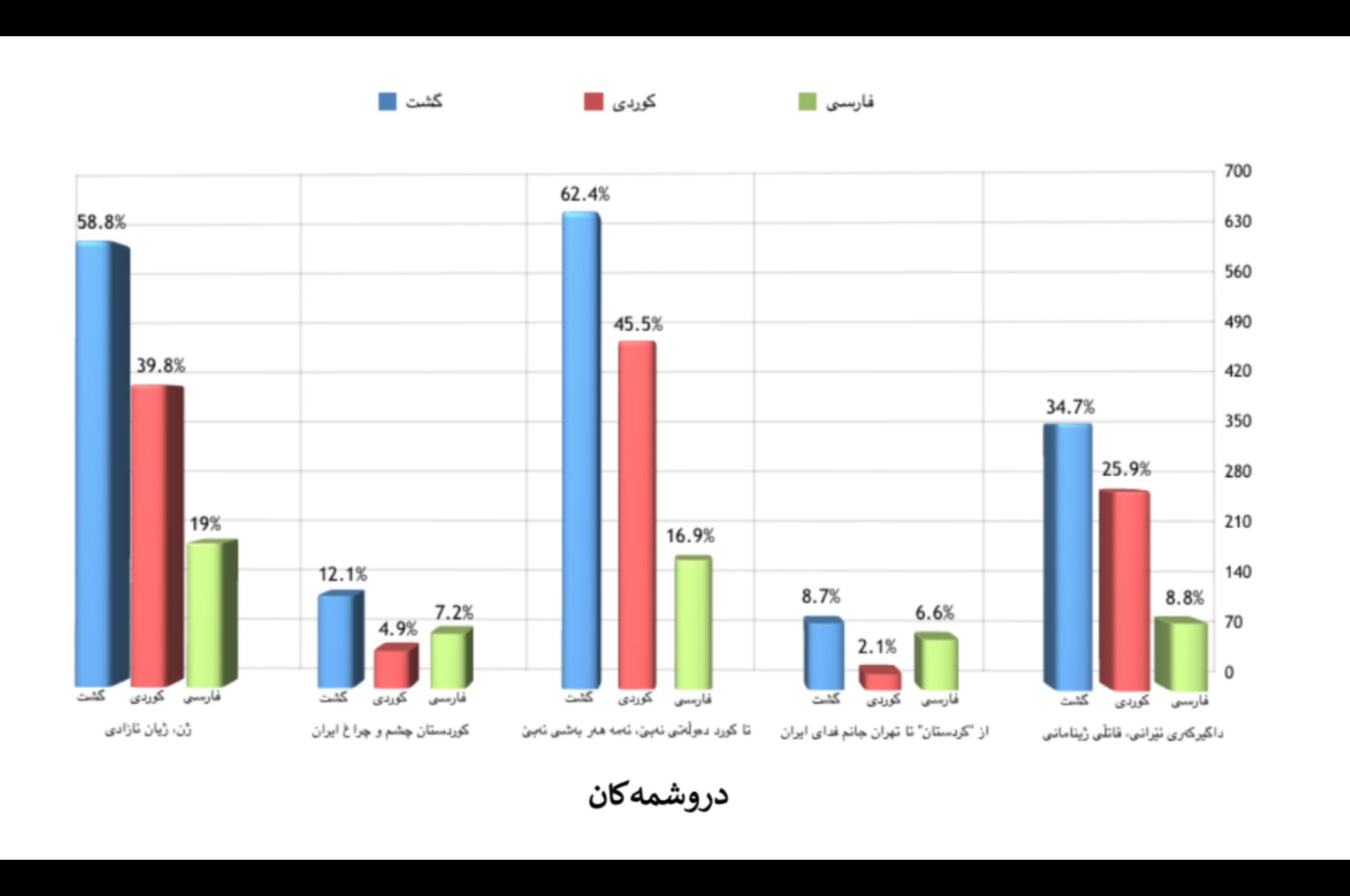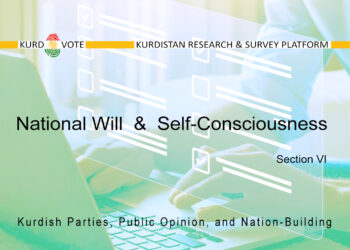Language, Identity, and Nation-Building:
A Critical Sociolinguistic and Political Sociology Analysis of Linguistic Assimilation, Identity Transformation, and the Quest for Sovereignty and Independence
This research seeks to examine the linguistic and political dimensions of systematic assimilation policies in Kurdistan. For decades, such policies imposed by the occupying states have led to the suppression of the Kurdish language across all domains — from education and media to state institutions — leaving profound impacts on Kurdish collective identity and political horizons. Linguistic domination not only restricts the mother tongue but also constructs an alternative identity through the imposition of the dominant language. Thinking within the framework of the language of domination signifies the erosion of Kurdish identity and the death of sovereignty and independence. At the same time, the restricted and carefully controlled “permission” to use Kurdish has functioned as a mechanism for managing political demands and reinforcing the territorial integrity of the occupying states.
By collecting and analyzing empirical data, this study aims to reveal the current status of the Kurdish language in various spheres of social life — from home and school to marketplace, media, and the digital sphere. A particular focus on intergenerational transmission of the Kurdish language will demonstrate to what extent and in what ways linguistic policies have influenced the process of nation-building and the redefinition of Kurdish political aspirations — from independence to intermediate forms of governance such as autonomy or federalism. Situated within the frameworks of sociolinguistics and political sociology, this research provides a critical analysis of the intricate relationship between language, identity, and nation-building.














